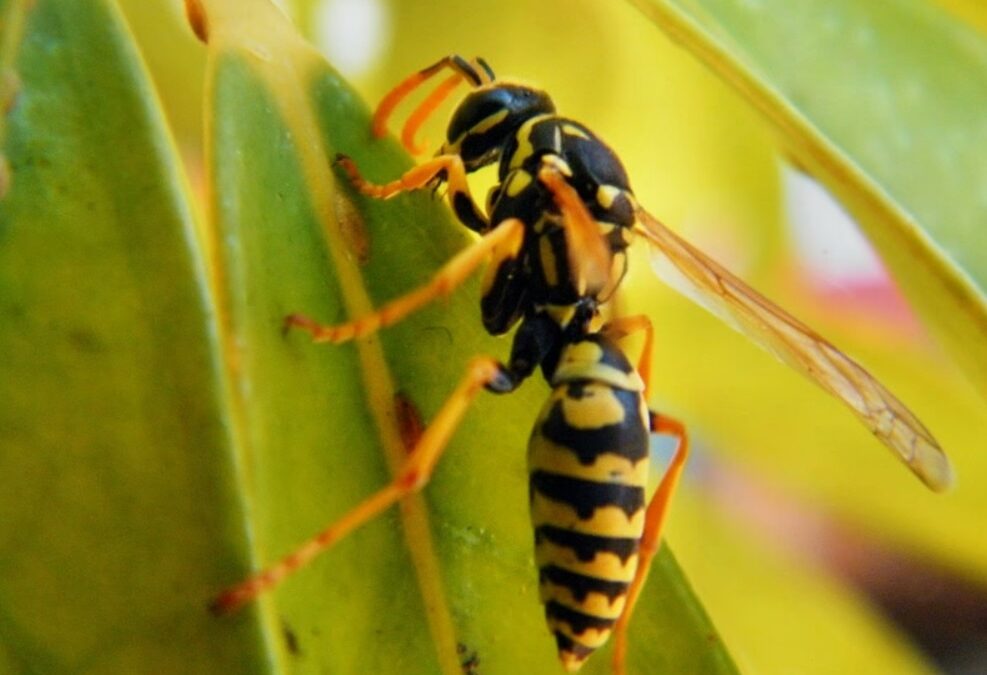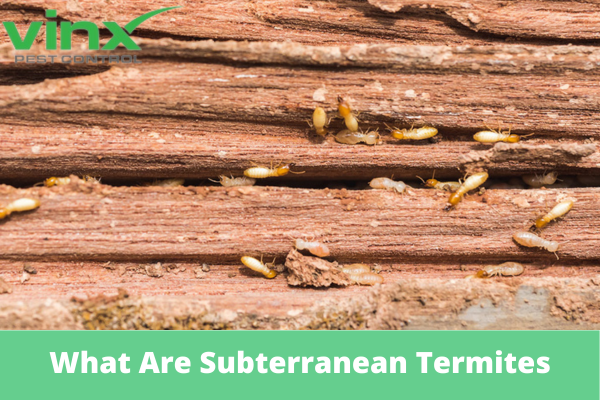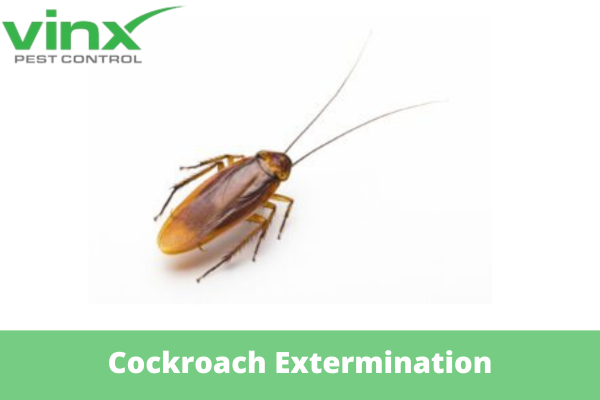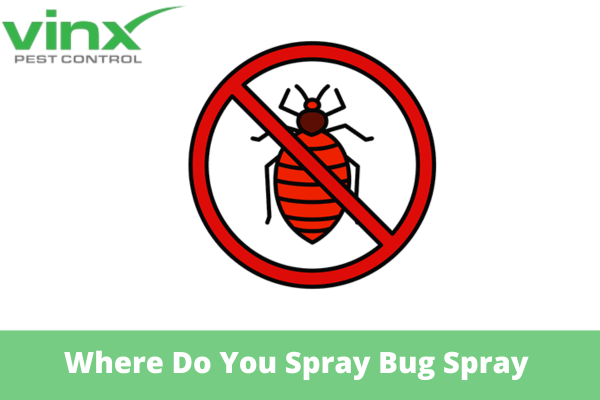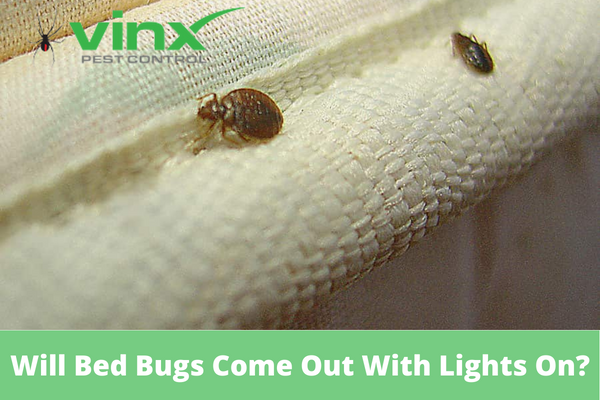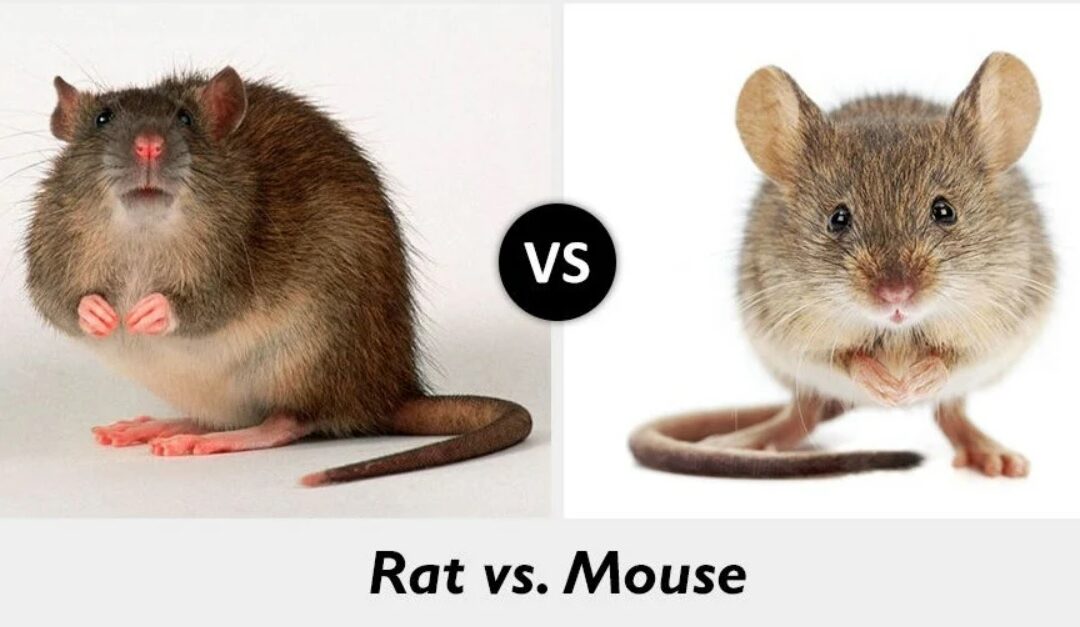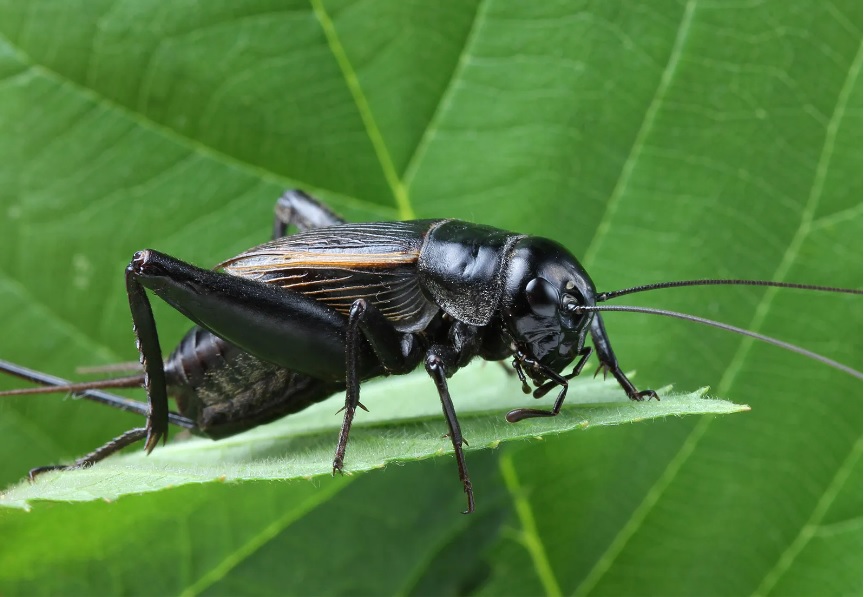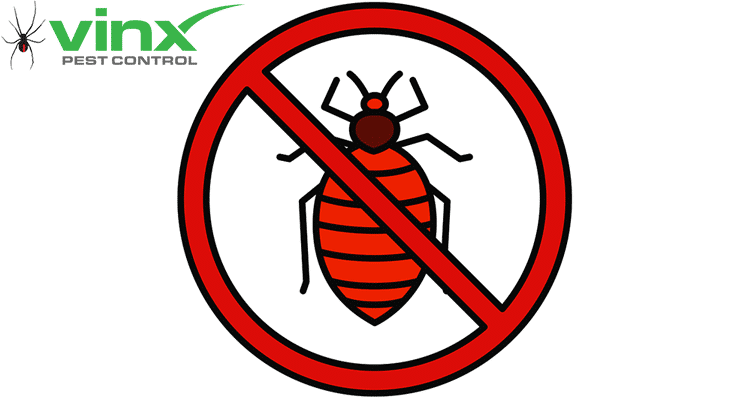How To Remove Squirrels From Attic
Finding a squirrel in your attic is upsetting. These unwanted visitors can harm your home and make you sick. Squirrels can chew on wires and insulation. This can cost a lot to fix. Their poop can also make the air and surfaces dirty. Vinx Pest Control has a good solution. They use safe ways to […]
read more



